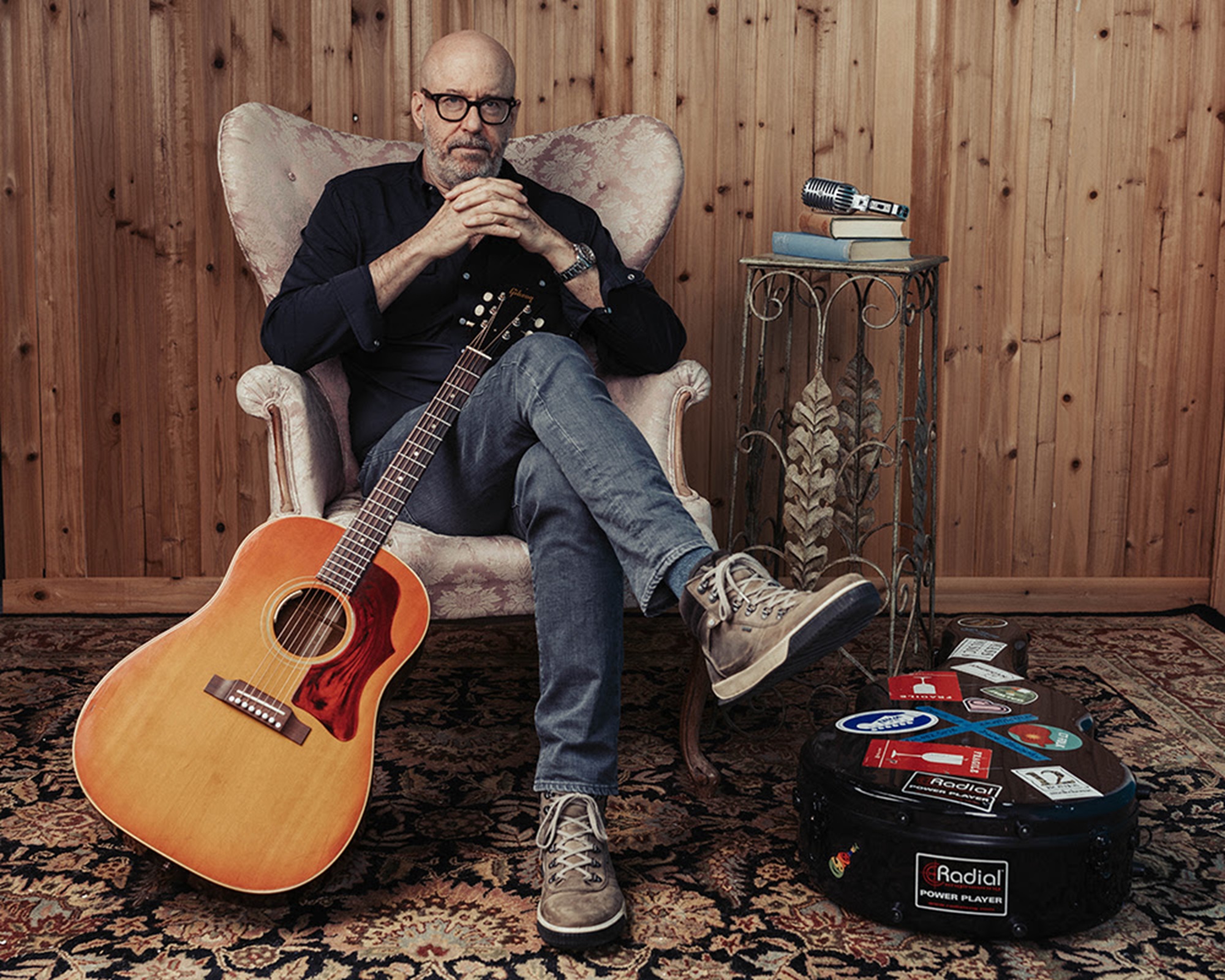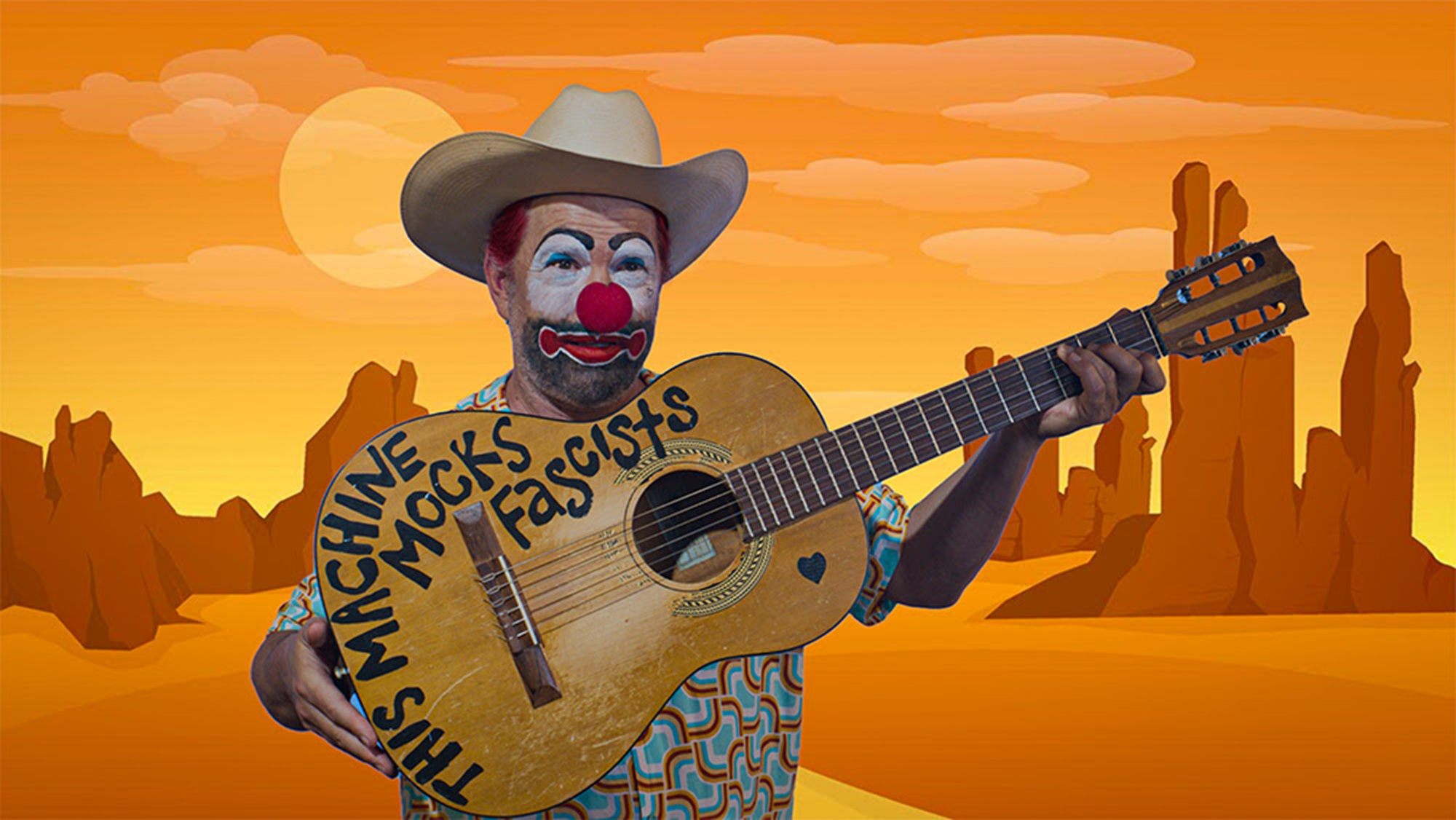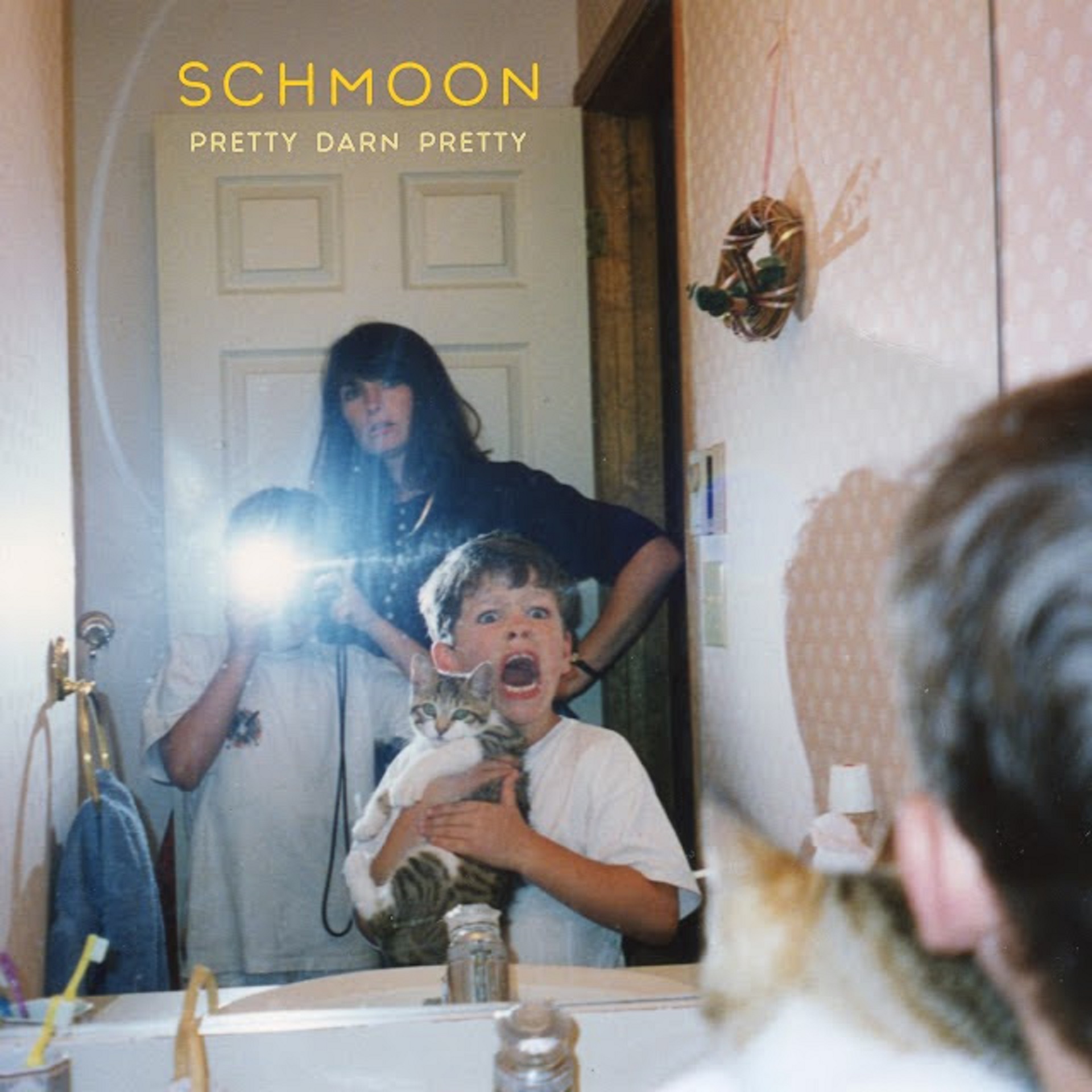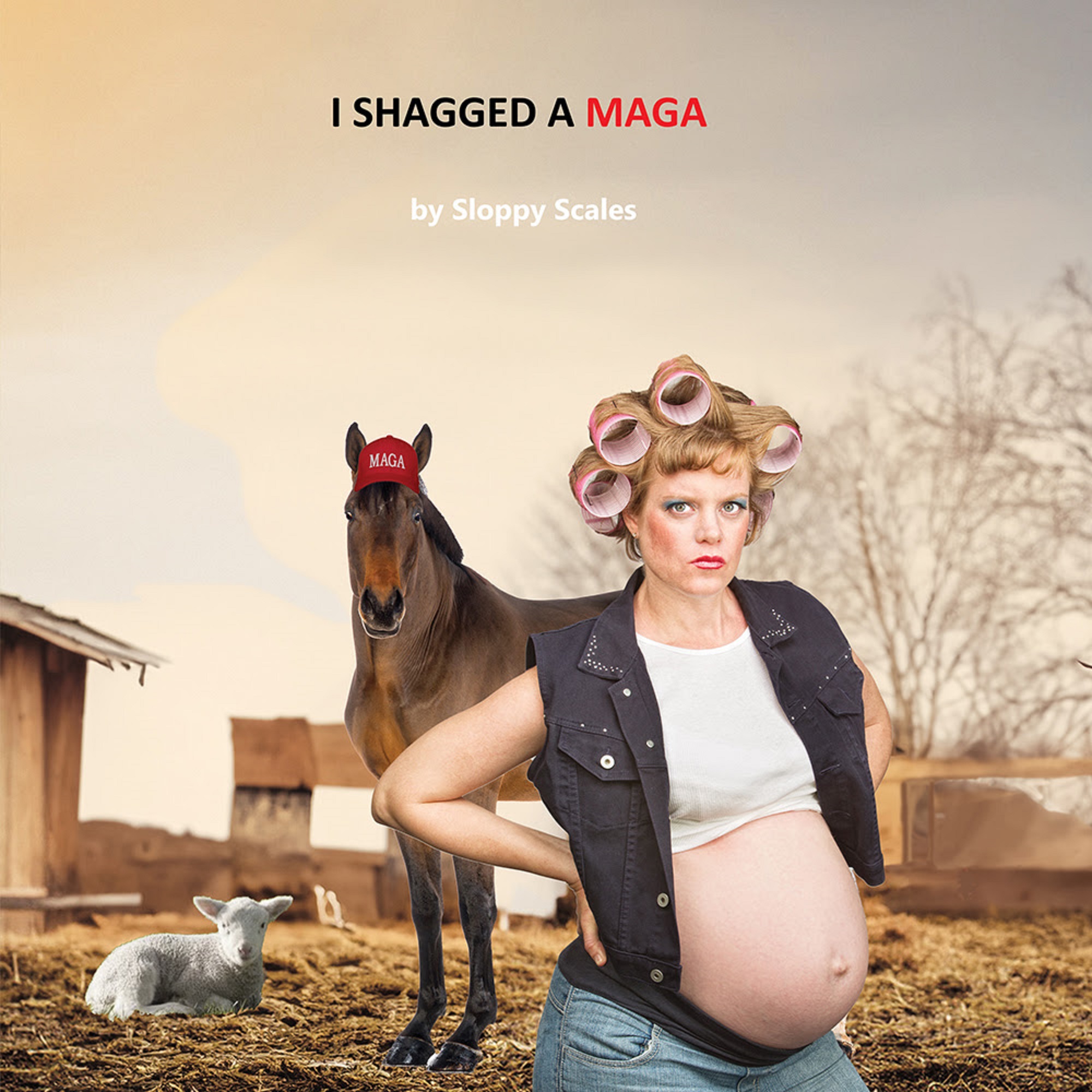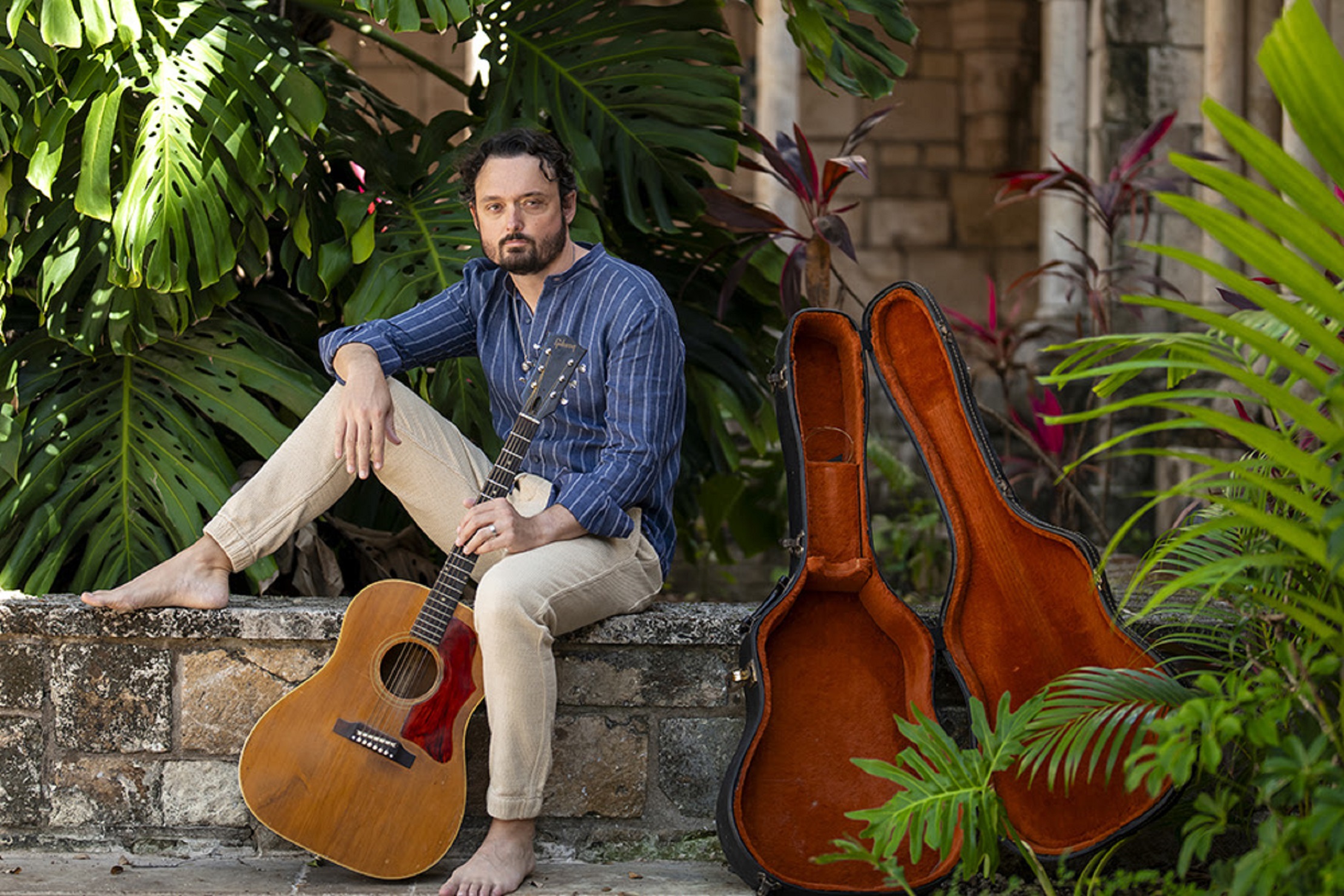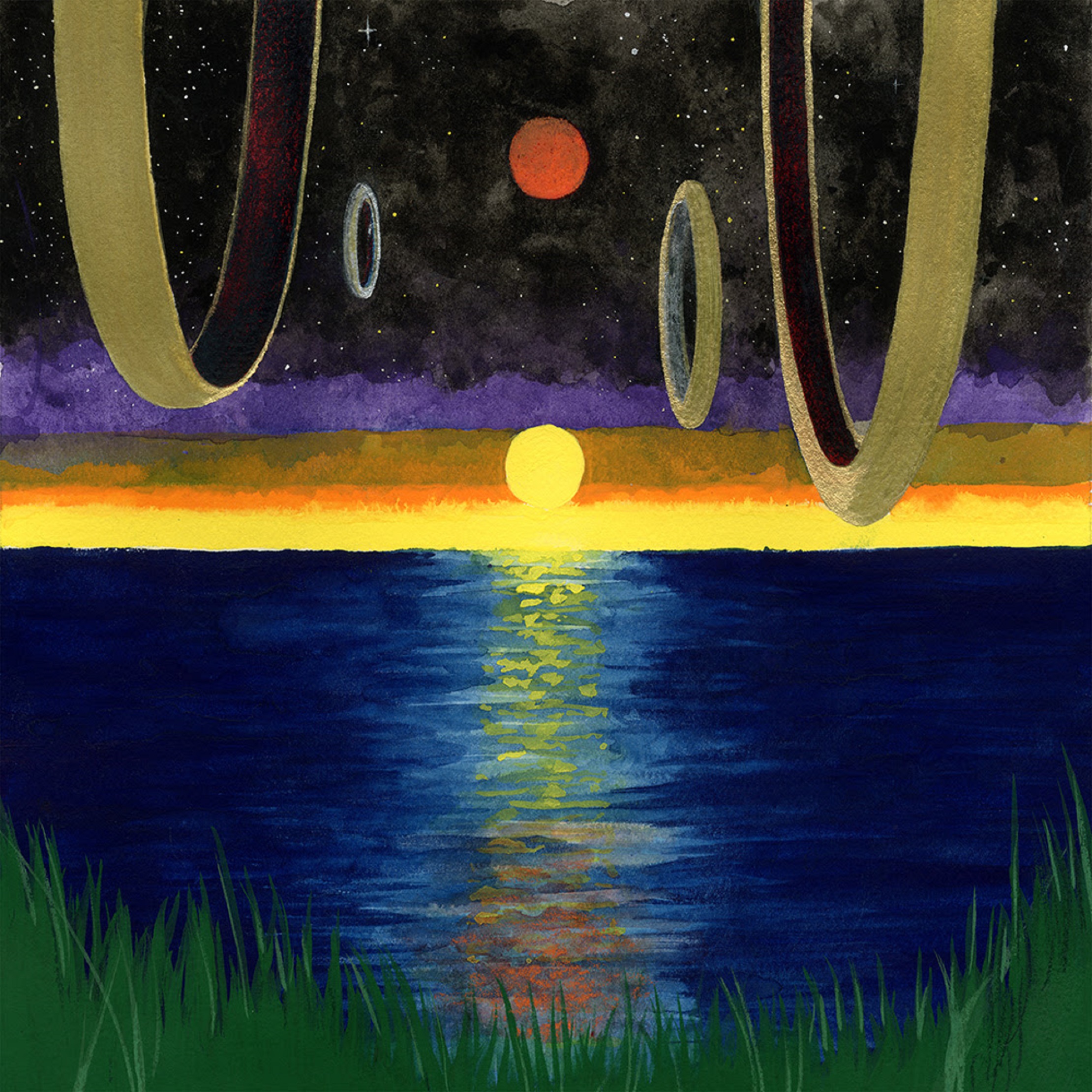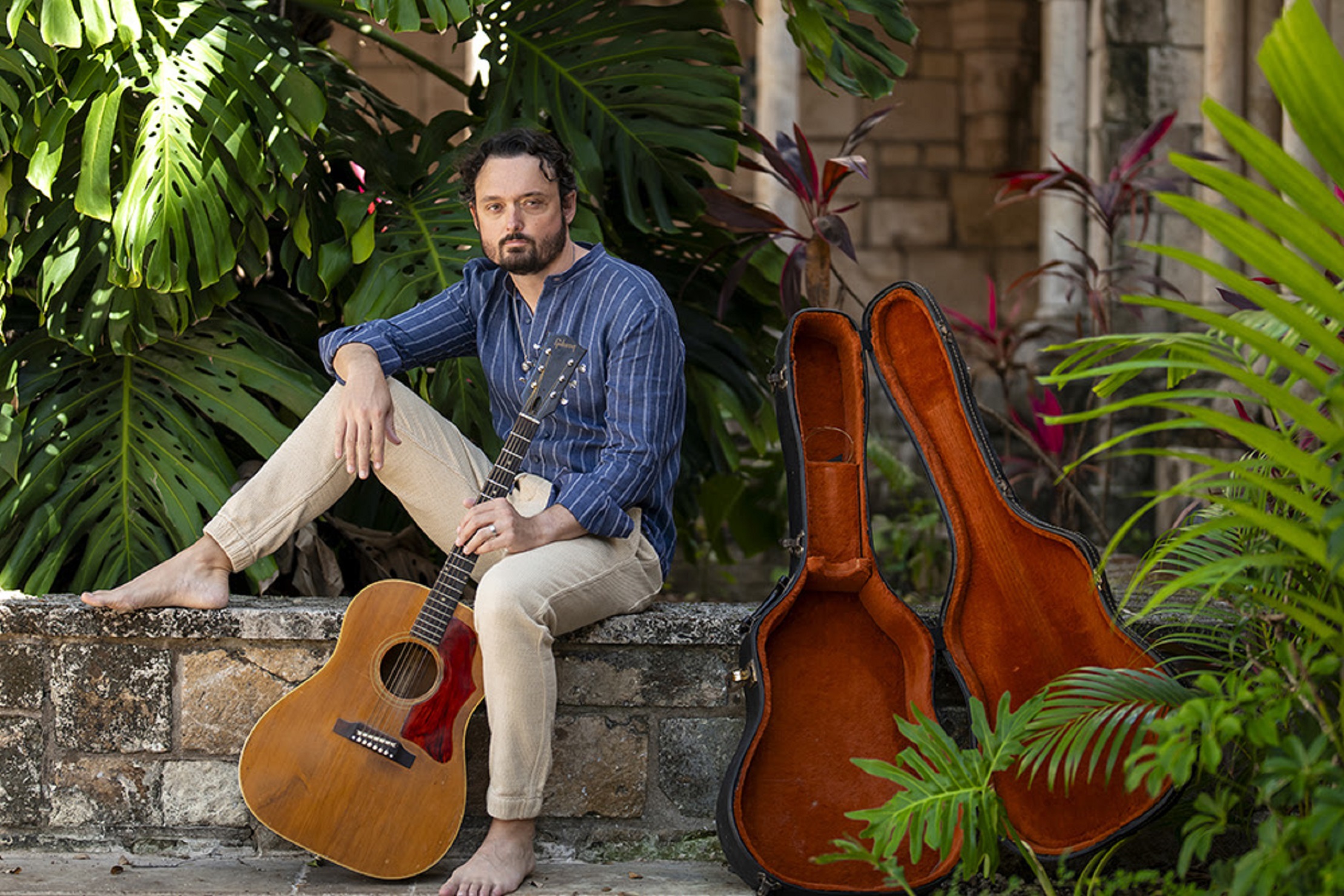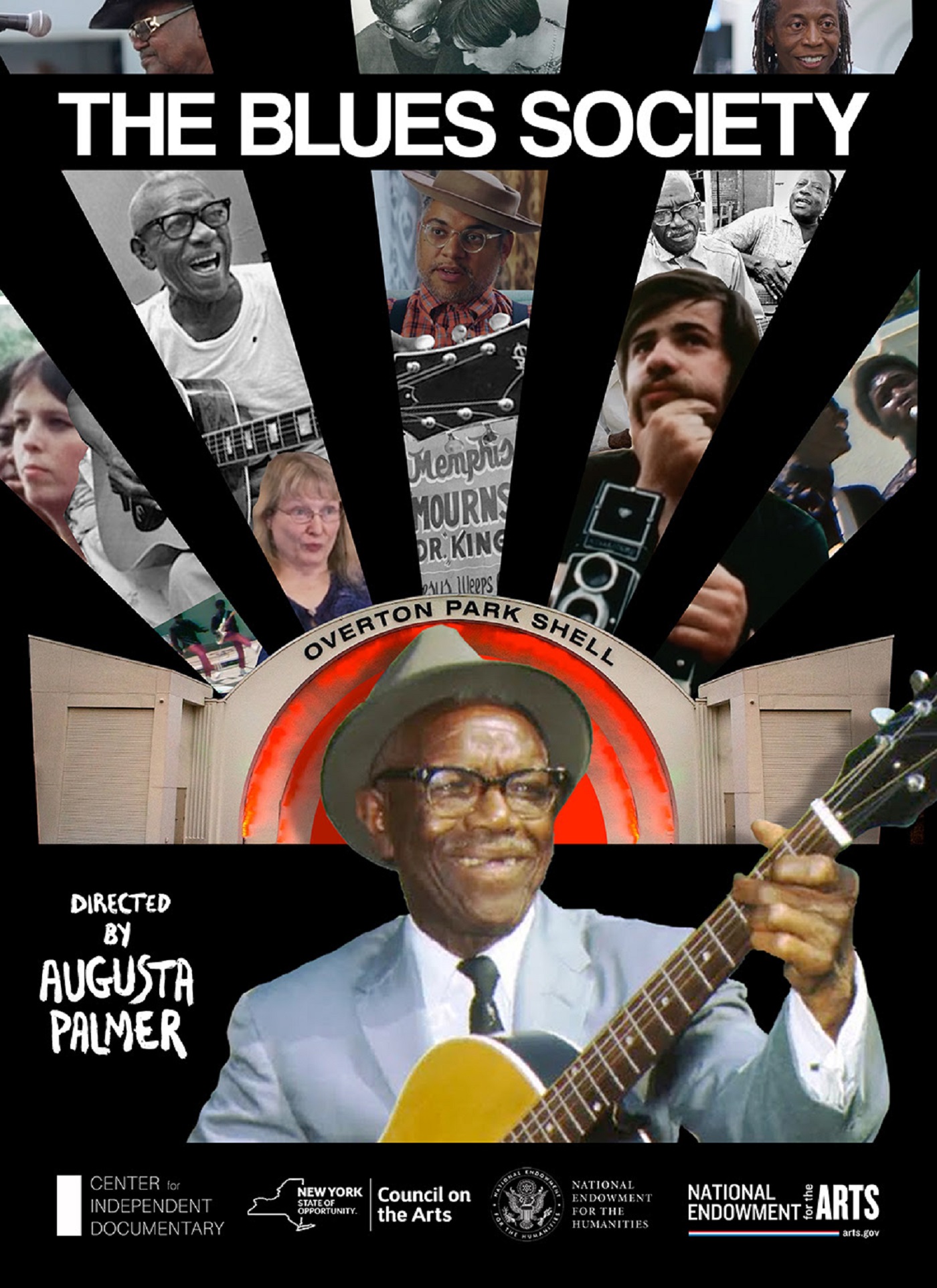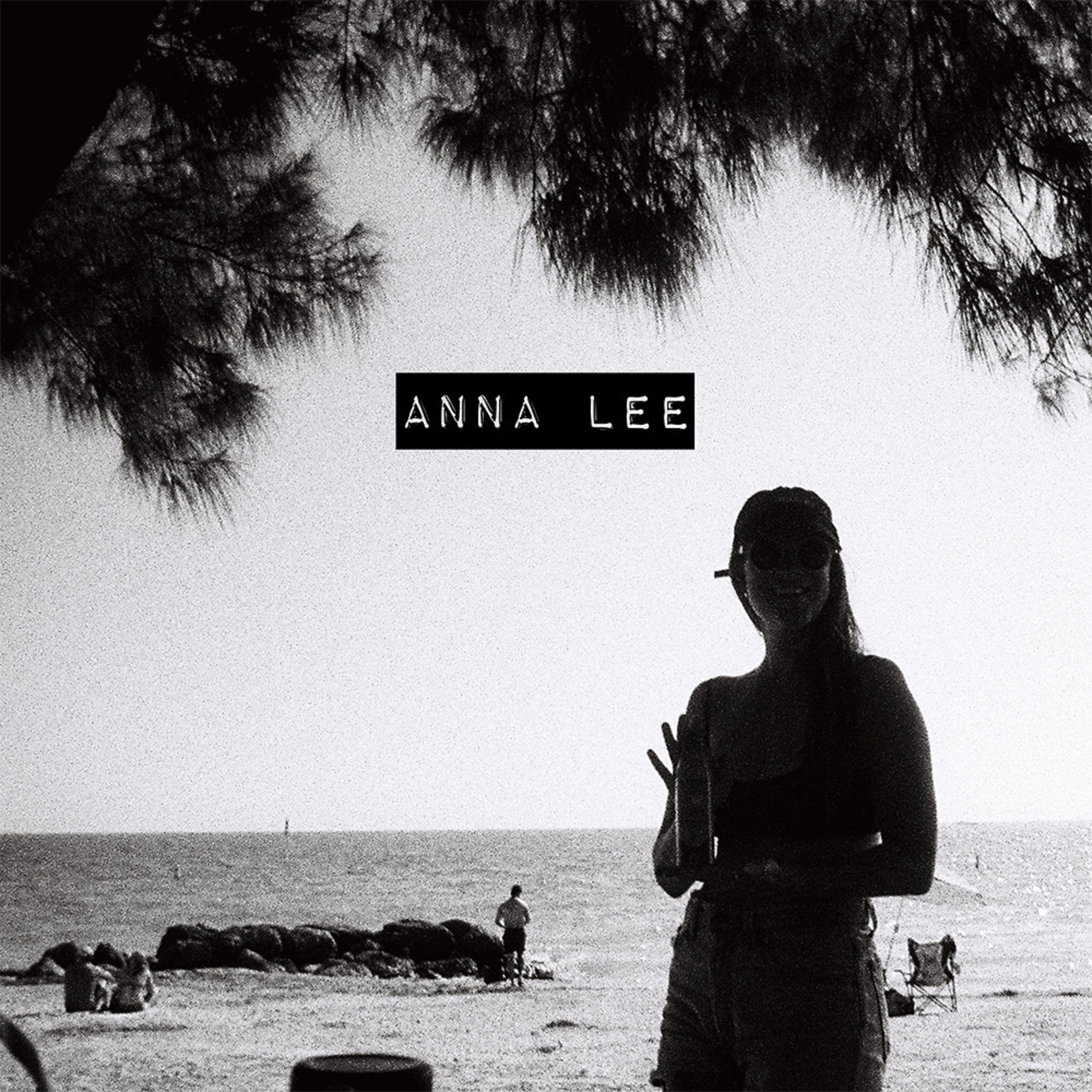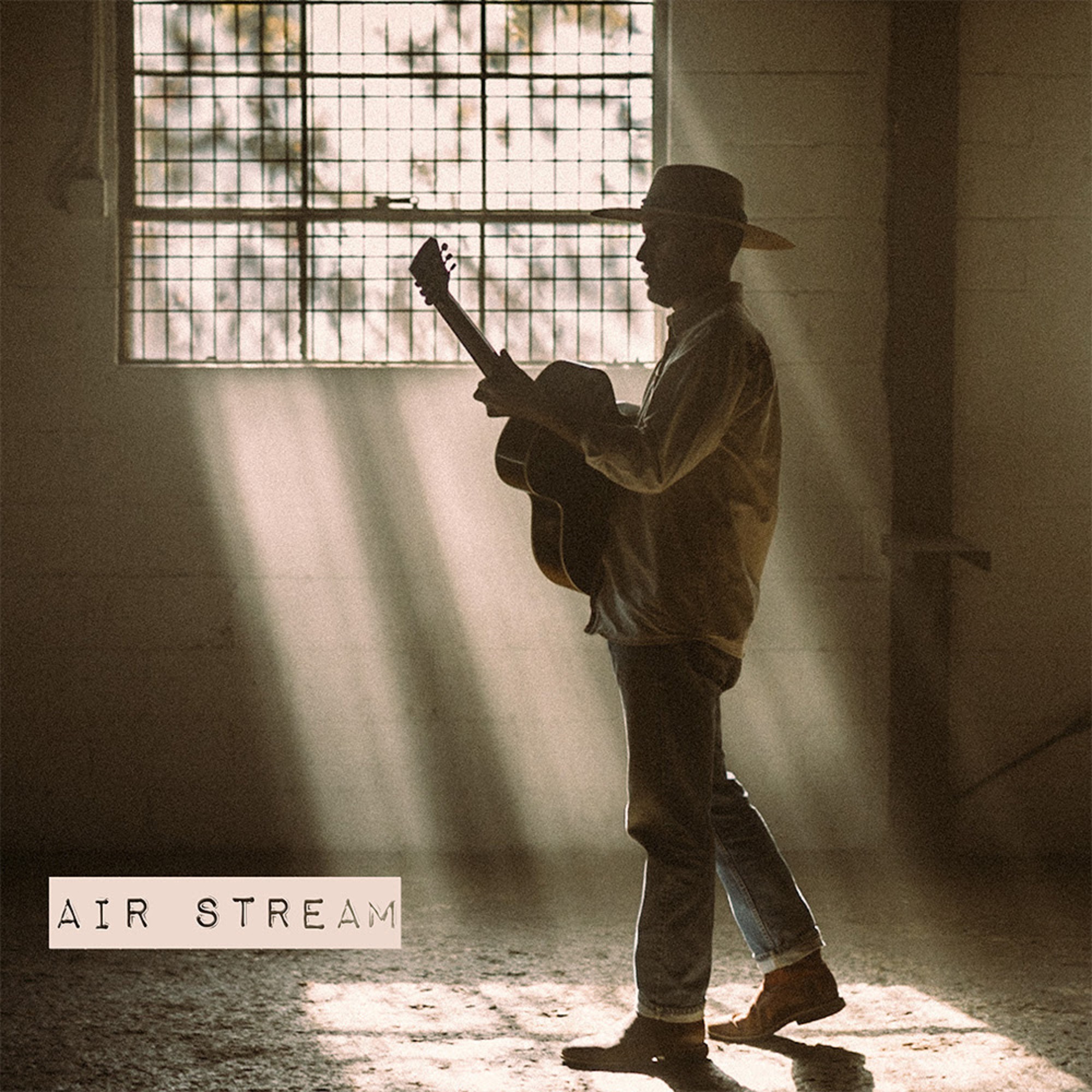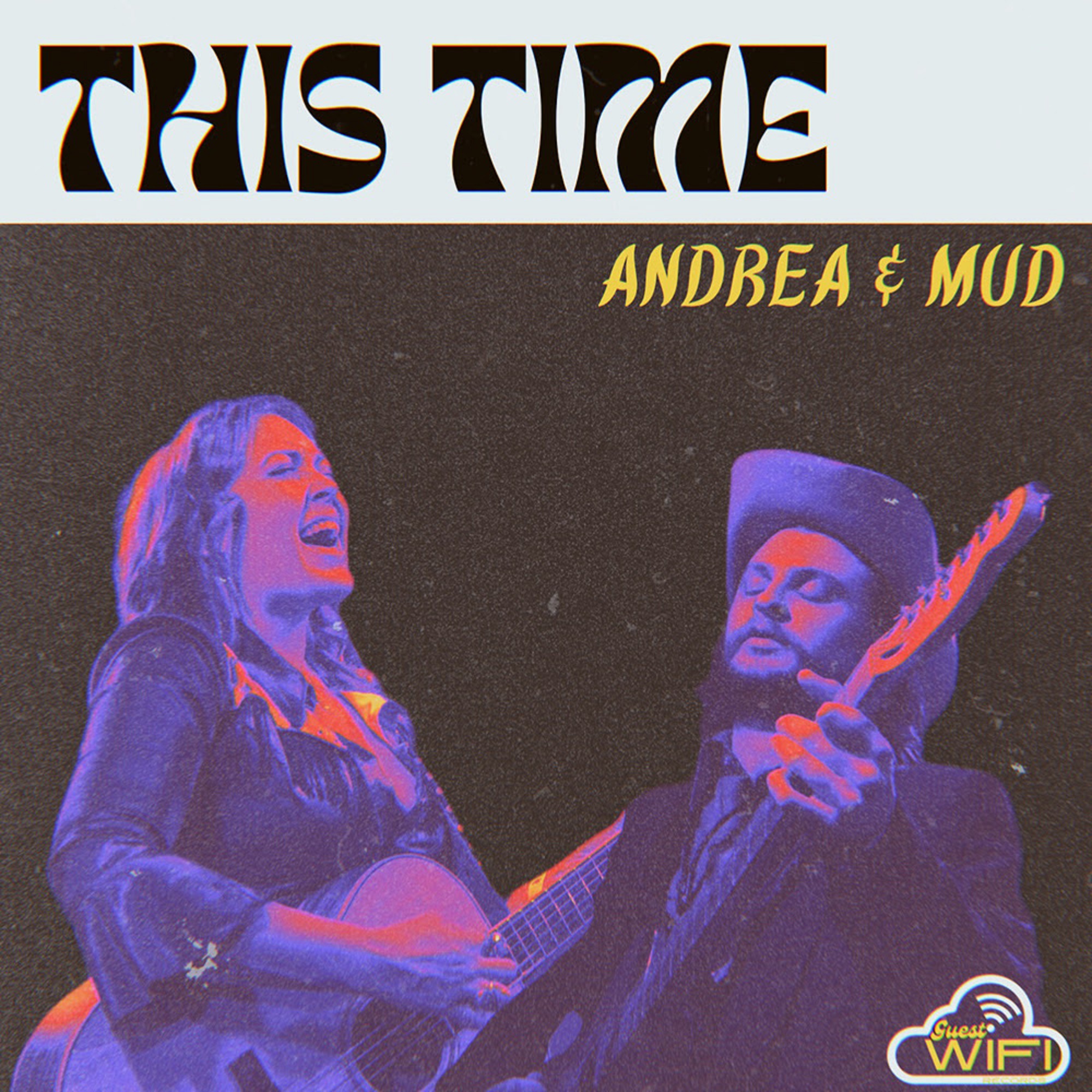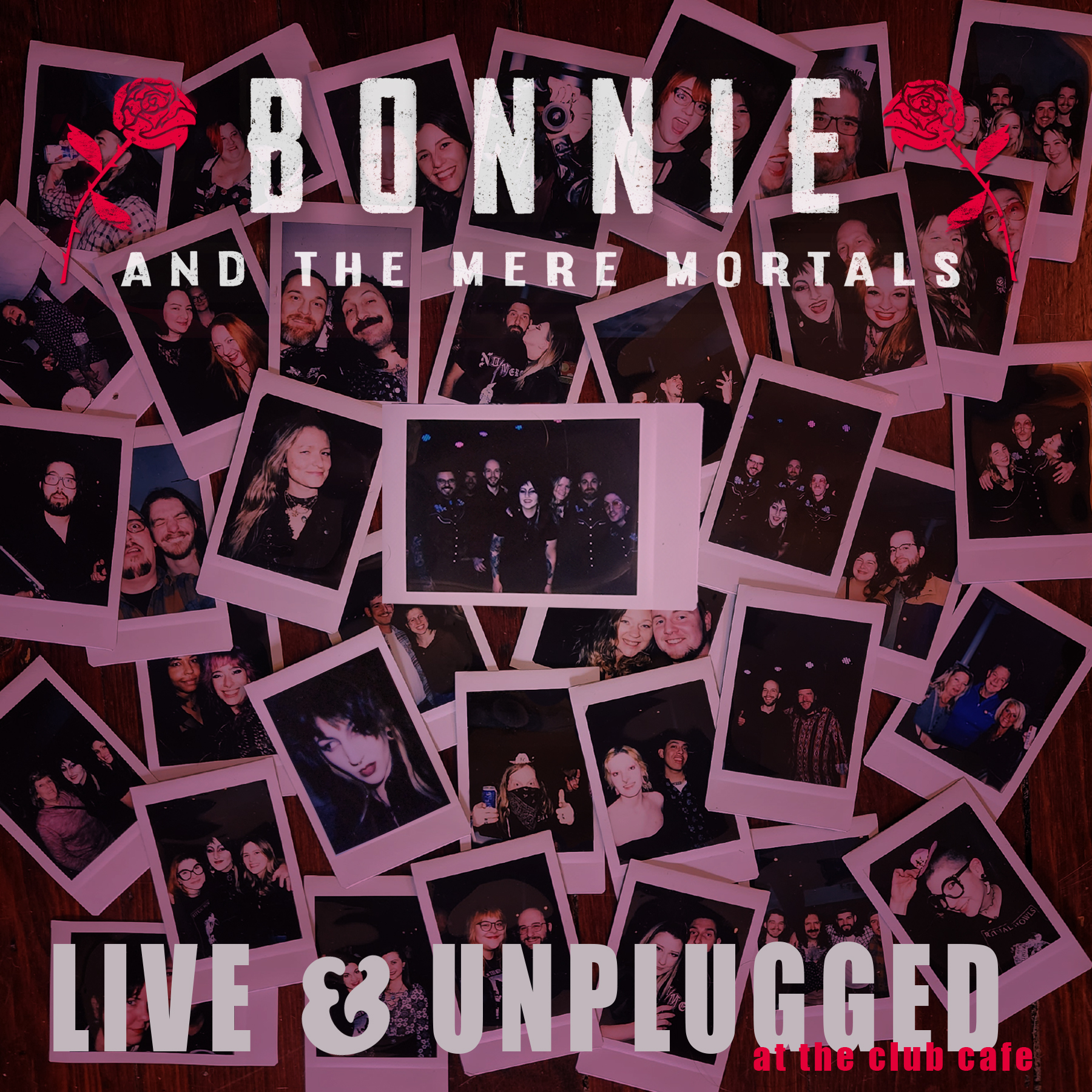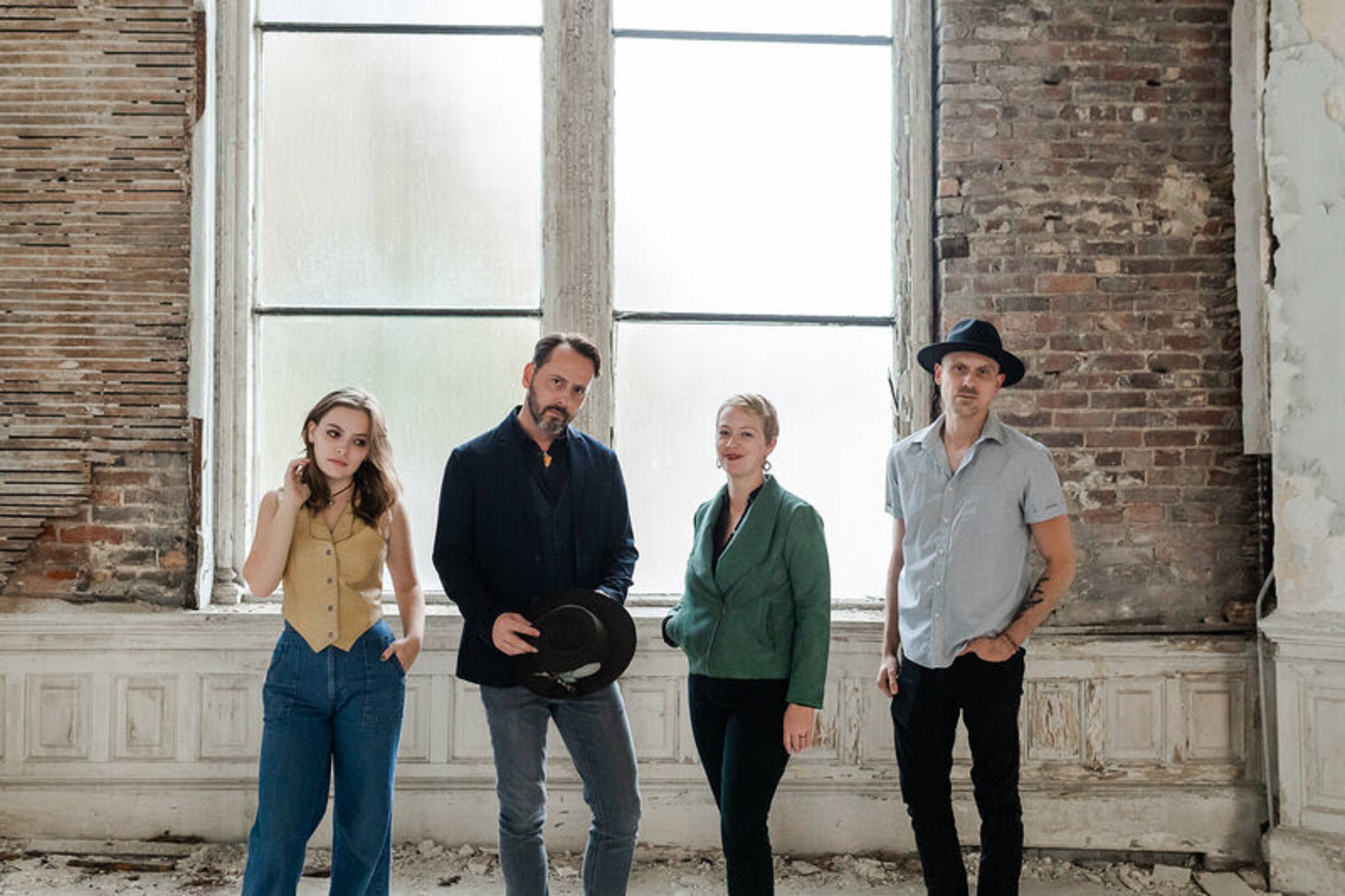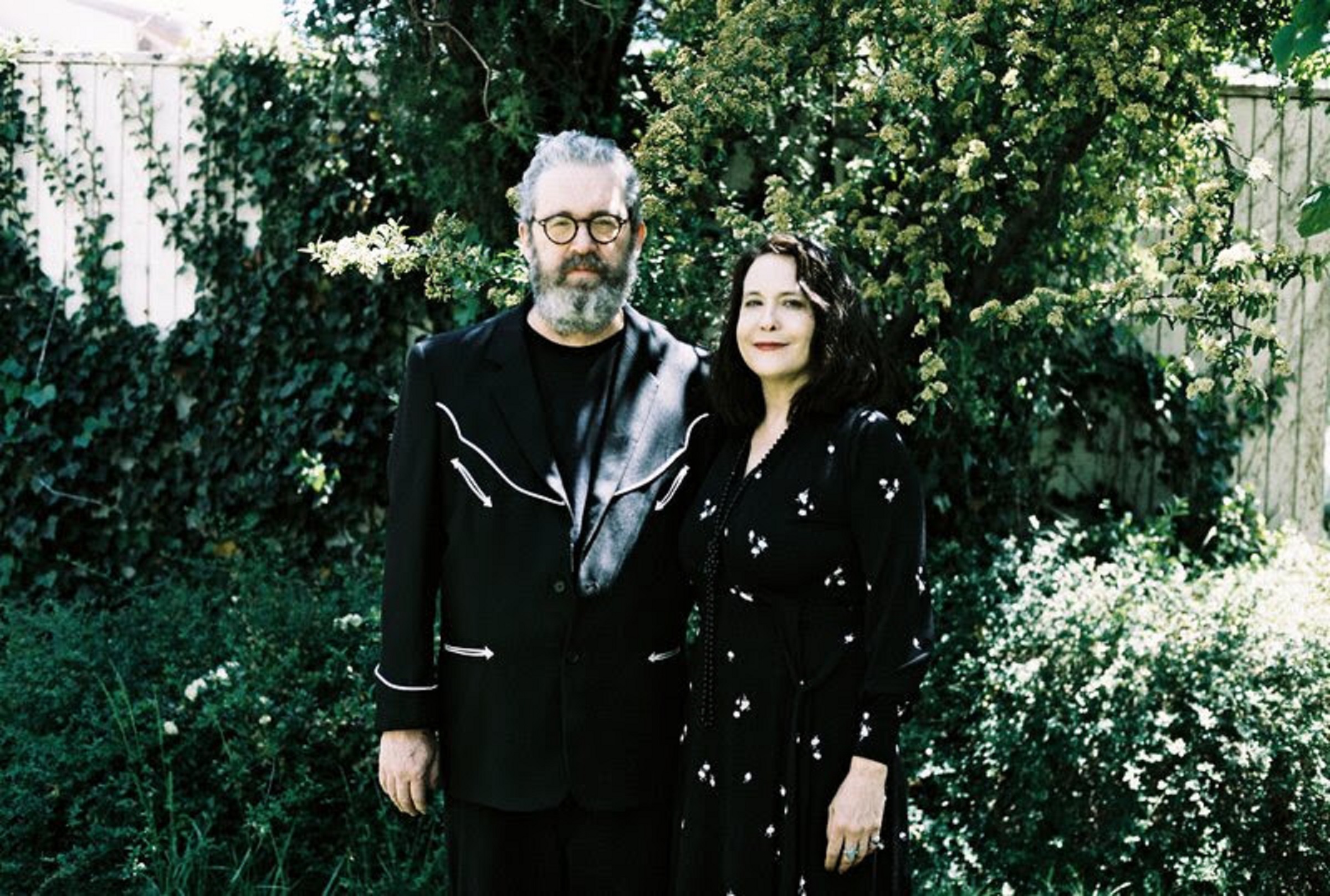Mining the same rich vein as ’90s alt-country favorites like Freakwater and Whiskeytown, the Good Graces unspool delicate, warbling indie-folk and jangling roots pop. The project originated in 2007 but really started gaining momentum when it was handpicked by the Indigo Girls to open their 2015 summer tour. More of a community musical collaboration than a band, the Good Graces are the brainchild of singer, songwriter and guitarist Kim Ware and include a rotating cast of a dozen musicians playing the typical four-piece accouterments, as well as piano, harmonica, mandolin, wind chimes, cello, violin and more.
“I’ve never really called it a band,” Ware says. “I'm kind of weird about that term, which is a little silly, but I’ve always liked to mix it up depending on what I'm doing at the moment. I'm super fortunate to have a lot of really talented friends, but many of them have their own thing going on, and it's hard to expect the same group to be available all the time. I’ve always called on different people."
But Ware’s attitude has evolved on this point recently, given her deepening connection with the core members of the Good Graces’ latest iteration—pedal-steel and electric-guitar player Jonny Daly, and Uncle Green drummer Pete McDade, who were a key part of the sound and creative process on new record Set Your Sights (out July 7 via Pretty New Songs / Potluck Foundation). “Making this record did help me settle on a solid lineup that I'm going to at least be using for shows—Jonny, Pete, Lee Kennedy, Chad Mason and John McNicholas. I can’t overstate the importance of their contributions to the Good Graces.”
True to form, Set Your Sights was written on Ware's front porch on acoustic guitar. Touting such influences as Neko Case, Laura Veirs, K.D. Lang and Lydia Loveless, Ware's Southern drawl and straightforward, confessional lyrical style are at the forefront of the songs, while the production is atmospheric and exquisitely layered, showcasing a menagerie of styles.
Exploring themes such as getting older, past relationships and coming to terms with your place in the universe, this album is Ware's attempt to examine past missteps. "People so rarely learn from their mistakes,” she says. “Everyone talks about it, and it's easy to throw that out there, but we so rarely focus on why we made a mistake in the first place. It's important to not just treat the symptom but the underlying cause. I think that should be the bigger focus."
In the past, Ware has been described as a less surly Lucinda Williams or a country-fried Liz Phair. This time around, she also channels Beth Orton's spaced-out Trailer Park soundscapes, especially on album opener "Out There," which asks the age-old question, "Are we alone in the universe?”
There are punk-tinged jangle rockers, too, like "Remember the Old School," and languid, fiddle-anchored waltzes like "The Hard Way," a song that sidesteps the group's signature twang for an orchestral existential crisis. "Sometimes, joking around, I call this my midlife crisis record,” Ware says. “It's about getting older, regret, feeling bad about things I've done in past relationships, and just trying to figure it all out. A lot of the sad relationship stuff—it’s my way of analyzing what went wrong. Making this record, I learned that, sometimes, coming to terms with something means accepting you might never come to terms with it.”
It's a record that finds kinship with those who’ve fallen a few times and had to find the strength to pull themselves back up. It's the story of a woman taking personal inventory and learning to live with her choices. But it's also the story of a woman who can say she’s really lived. Sometimes looking back is the only thing that can propel you forward.






